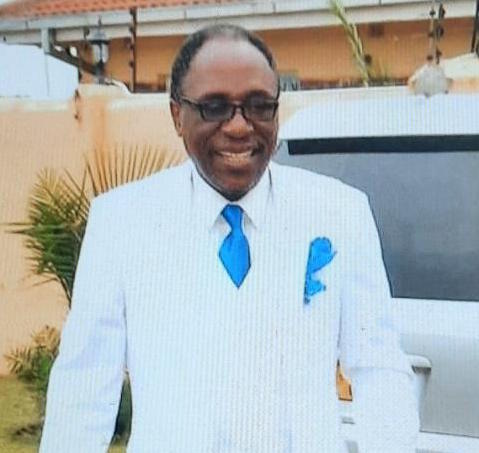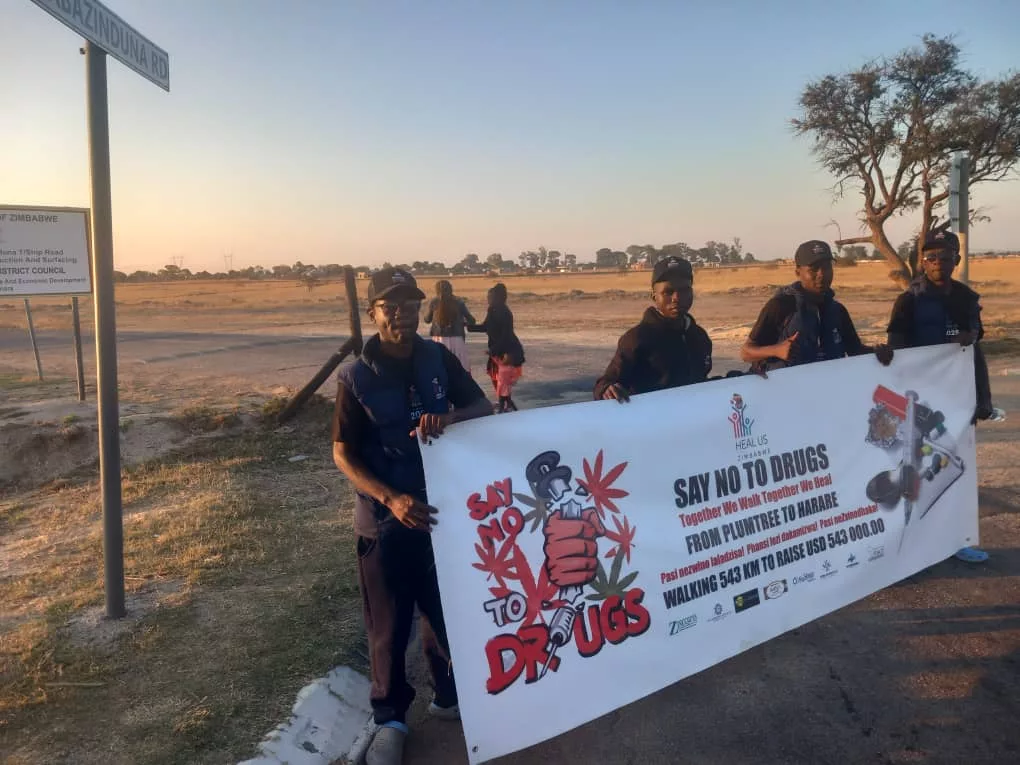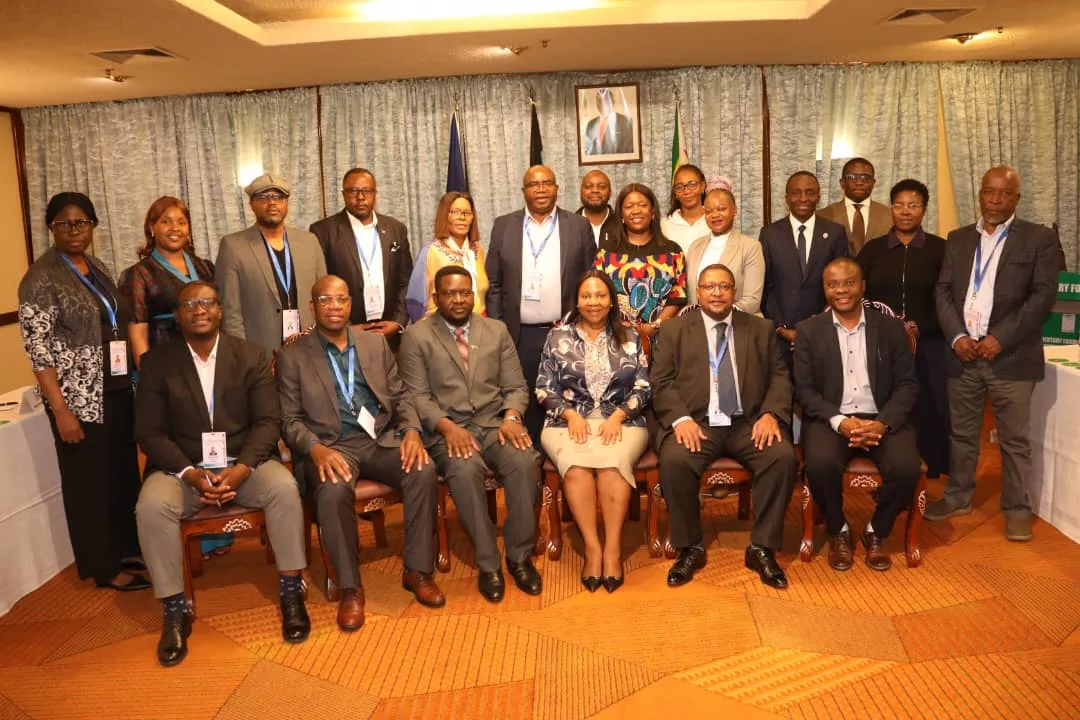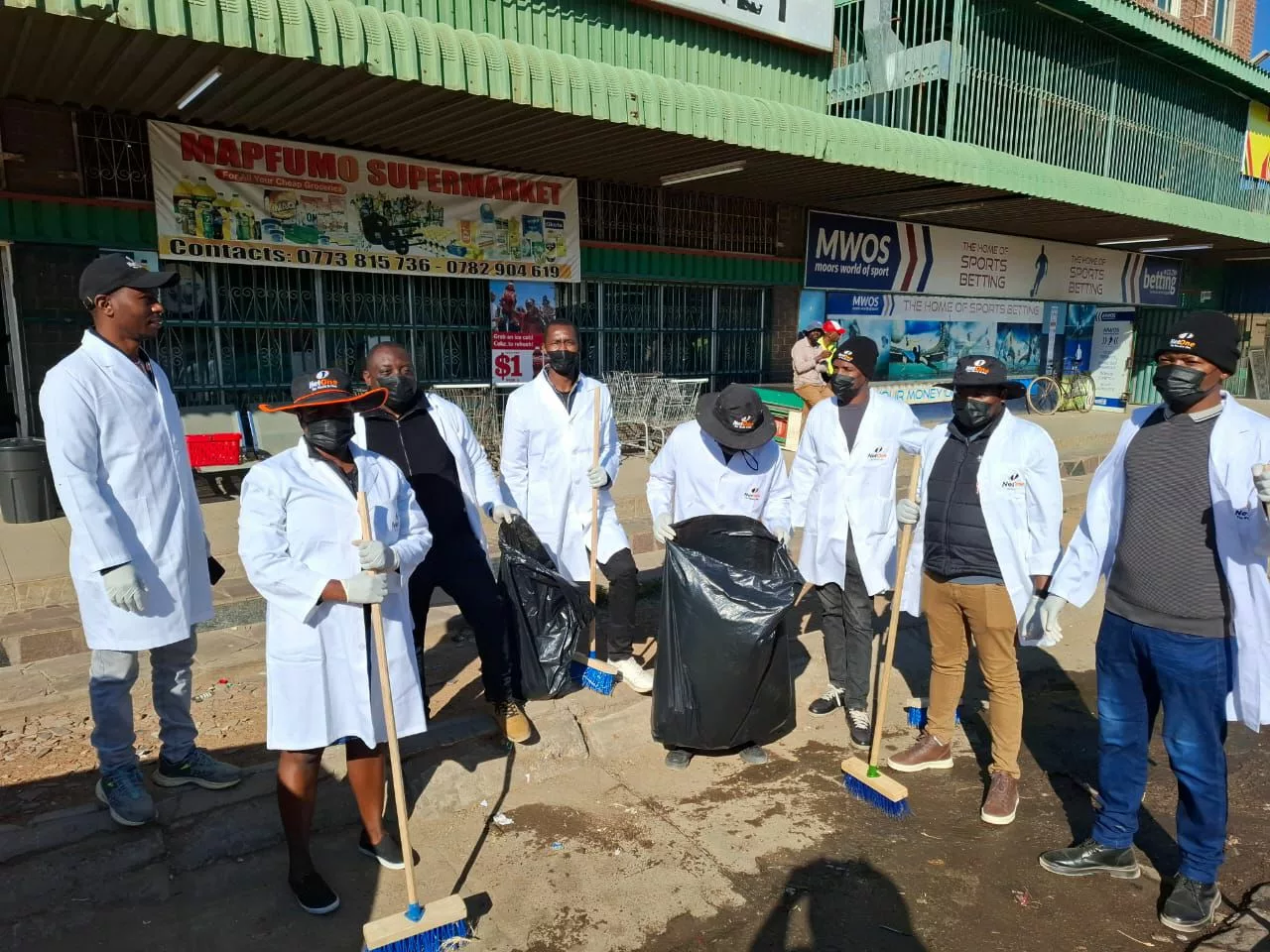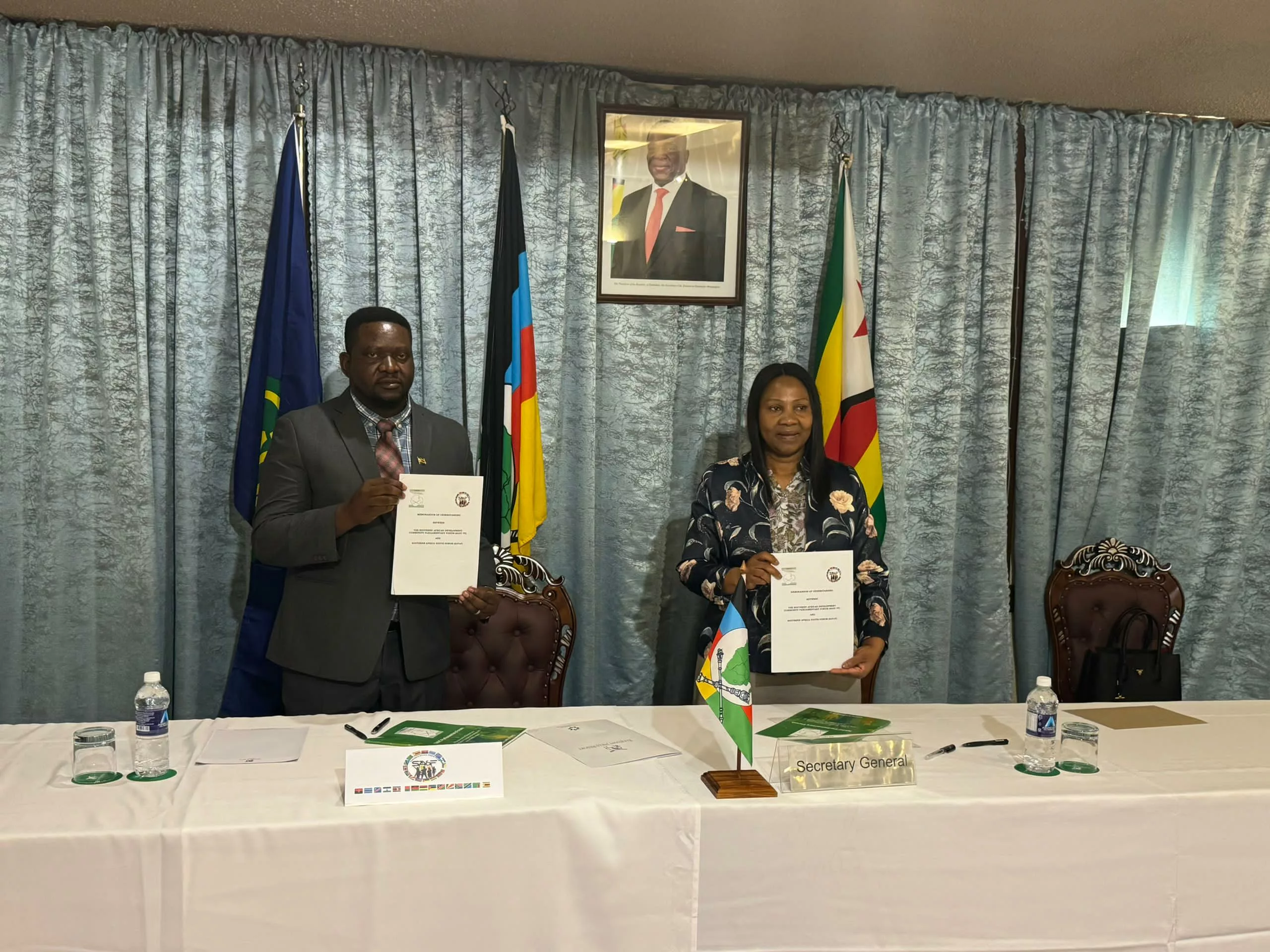|
Getting your Trinity Audio player ready...
|
It is a new chapter for the Midlands State University (MSU)’s Innovation Hub as it goes beyond national boundaries to become the first Zimbabwean university research unit to be accepted to participate in the annual “Teknofest” competition on Unmanned Aerial Vehicles (UAVs) to be held in Samsun, Turkey in September 2022, the university has reported.
Dr. Perkins Muredzi, a Sabbatical Fellow of the MSU who facilitated the concept development and organised the team whilst taking care of Technology Transfer issues under the hub, expressed optimism that the technological ensemble will lift the Zimbabwean flag high in Turkey.
“As a former dean of engineering and member of the Global Engineering Deans Council, my experience tells me that the Zimbabwean team is set to leave an indelible mark as an epitome of innovation and creativity at the global level. I encourage many students to participate in innovation programmes since engineering and technology are the future for the Fourth Industrial Revolution (4IR) and beyond,” Dr. Muredzi told Spiked Online Media.
Following its acceptance into the competition, the MSU Innovation Hub team dubbed, “Team One Engineers” will make its maiden appearance at this global and prestigious event.
An infusion of seven students from the departments of Telecommunications Engineering, Information Systems, Materials Engineering, Aircraft Engineering, Physics, and Instrumentation will make up the team.
Each of the students plays a specific role; wherein Morelife Zibayiwa will be responsible for Aircraft Communications, Aircraft Board Design will be handled by Talent Chigwagwa, while Printed Circuit Board (PCB) Design will be the responsibility of Prince Sanya.
Courage Manzwei, Anthony Khumalo, Philip Kwendesa, and Blessed Zinaka will handle UAV Programming, Aerodynamic Development, PCB Development, and UAV Programming, respectively.
Team One Engineers, is headed by Mr Harry Mafukidze from the Faculty of Science and Technology, Department of Applied Physics and Instrumentation.
The team uses the Innovation Hub facilities for design work, research, prototype development, and technology transfer.
The Midlands State University Vice-Chancellor Professor V. N. Muzvidziwa applauded the robust team that mentors ‘Team One Engineers’.
The mentors include Faculty of Science and Technology Executive Dean Dr. Nechibvute, Chairperson of the Department of Applied Physics and Instrumentation Dr. Nyamhere, and Mr. Taruvinga, a Technician in the Department of Applied Physics and Instrumentation.
Professor L. Chikoko, the Executive Director, of Research and Innovation indicated that MSU values innovation and technology development. Considering emerging disruptive technologies now pervading the academic landscape, the Turkish competition is an appropriate avenue to showcase the MSU techno-savvy innovators.
MSU Deputy Director Research and Innovation Professor U. Guyo, together with Sabbatical Fellow, Dr. P. Muredzi buttressed Professor L. Chikoko’s view that the MSU Innovation Hub team’s participation in the competition will be a first for Zimbabwean universities and that it marks the internationalisation of the MSU Innovation Hub brand.
The competition is designed to foster interest in Unmanned Aerial Systems (UAS); stimulate interest in UAS technologies and careers, and engage students in a challenging mission.
This competition demands the participants to complete a series of tasks that are linked together to create a simulated real-world mission.
Annually, the tasks in the competition change in reflection of the fundamentals of the UAS industry.
During the competition, the students will be required to design, integrate, report on, and demonstrate a UAS capable of autonomous flight and navigation, remote sensing via onboard payload sensors, and execution of a specific set of tasks.
Three major graded components constitute the competition.
A Technical Journal Paper is one of the components and it describes the systems engineering approach and the UAS design.
Secondly, there is a Flight Readiness Review (FRR) where teams describe their mission readiness and the testing mechanism which gives them confidence, and thirdly, a Mission Demonstration where the team is evaluated on performance.
The Hub considers this competition as a platform to showcase the prowess of techno-savvy innovators nurtured by the University.


